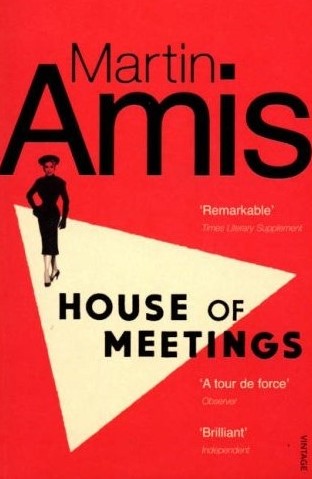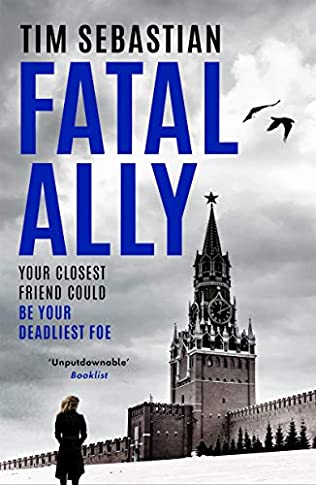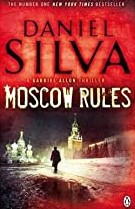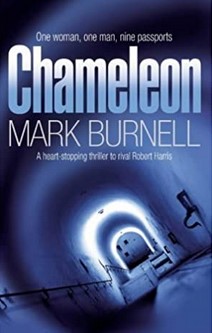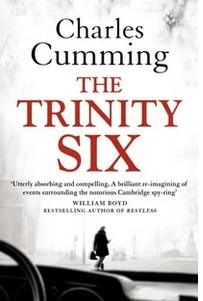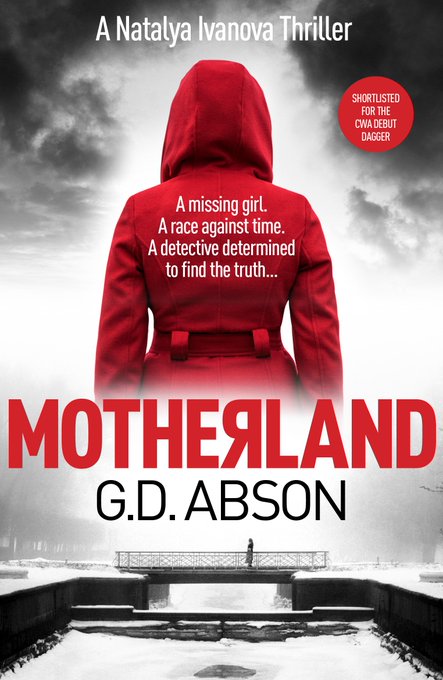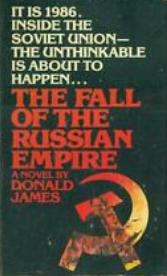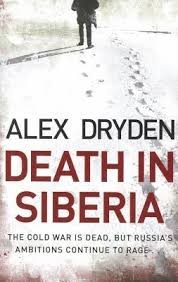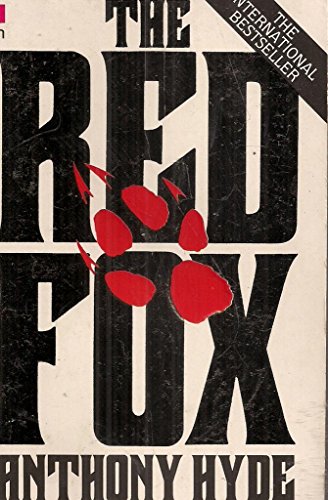Translated from Dutch by Paul Evans
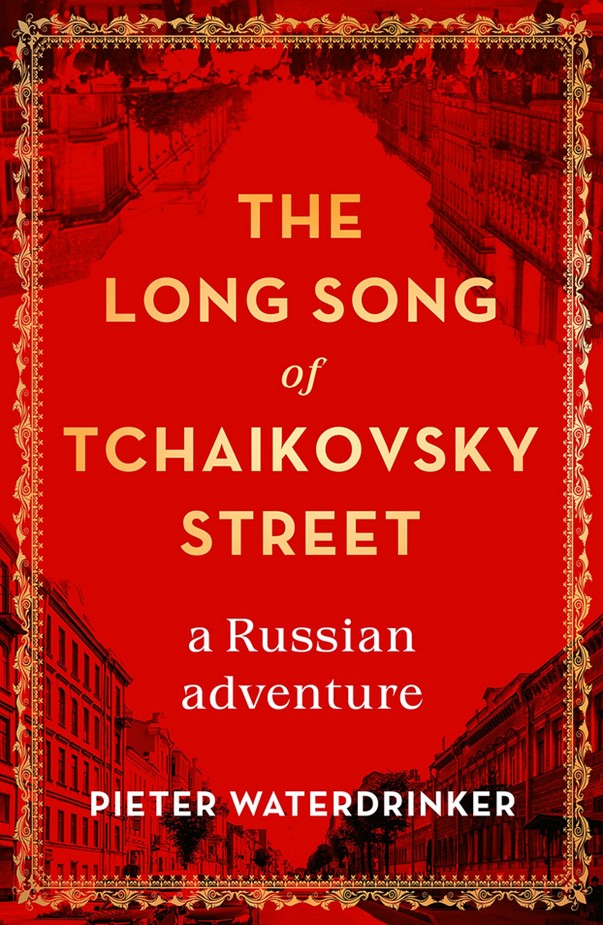
The Long Song of Tchaikovsky Street is a semi-autobiographical novel by Dutch author, and long-term Russia resident, Pieter Waterdrinker.
Waterdrinker’s take on Russian history —from the revolution of 1917 to its 100th anniversary— puts Russia in Fiction in mind of a knowledgeable boxer, confident in the Russia-writing ring. His experience gives him an assured air; he side-steps the lightweight clichés and name-checking typical of journeymen writers, and slams home his heavy take on Russia’s past, present, and future.
And, particularly from the view-point of 2022, it is an ominously heavy take on what lies at the end of this century-long dance of history.
Continue readingThe dance goes on —yes, the dance always goes on. Maybe this was another false rhyme of history, and we were on the cusp of a new biblical deluge of blood.
The Long Song of Tchaikovsky Street, p. 364
